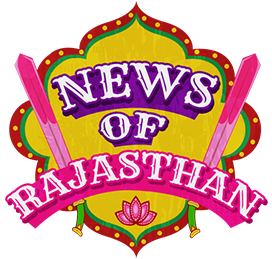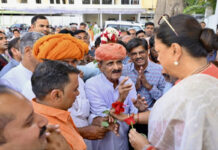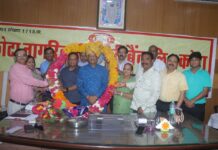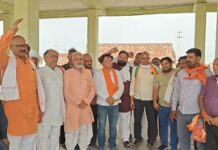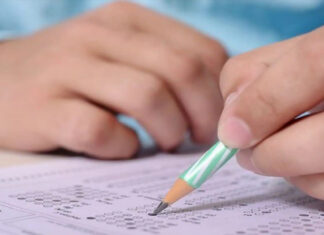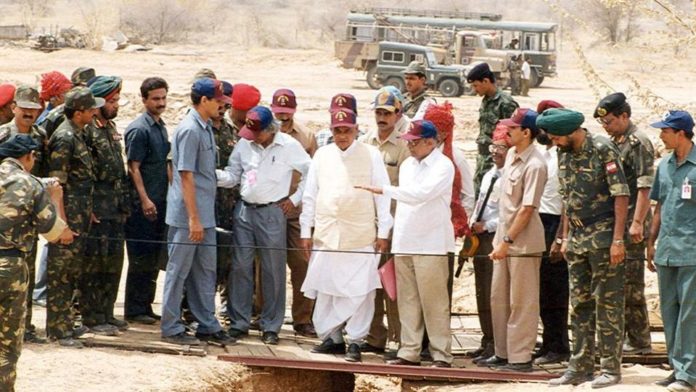
11th May is very significant date for Rajasthan as well as whole India. Twenty years back, India had made history by successful completion of nuclear test. On May 11 and 13, 1998, five nuclear tests were conducted at the Pokhran range in Rajasthan. To mark India’s historic achievement 11 May came to be to celebrated as National Technology Day. Let’s get the details of Pokhran nuclear test.
The first nuclear test in India had take place India in 1974 at Pokhran, Rajasthan under Indira Gandhi’s prime ministership. This was named Operation Smiling Buddha. The second was conducted 24 years later at Pokhran, Rajasthan on May 11 and 13, 1998 when Atal Bihari Vajpayee was Prime Minister of India. It was named Operation Shakti in which India test fired three nuclear bombs. On 11th May, 1998 Shakti I, Shakti II, Shakti III and on 13th May, 1998 Shakti IV and Shakti V were detonated.
What made India to join Nuclear Club?
It had happened as India lost more than 4,000 soldiers in the Indo-China War held in 1962. In 1964, China conducted its first nuclear test which was a big threat to India. Then Prime Minister Atal Bihari Vajpayee asked for nuclear bomb in Parliament.
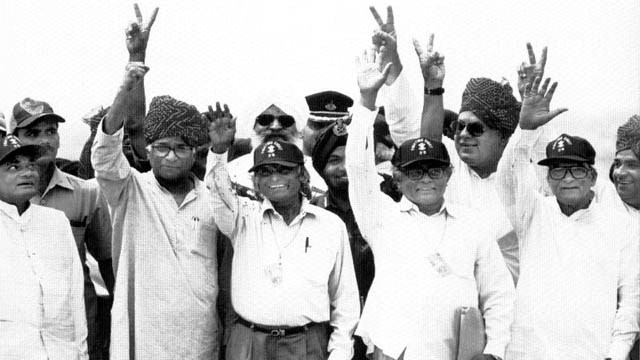
Details about how India accomplished its successful Nuclear test
It was a long journey before India finally got its successful nuclear test done. After the first set of nuclear tests in 1974, India made efforts to be a part of nuclear club. Later on, India planned for nuclear test secretly after 1974. In 1995, then Indian PM Narasimha Rao ordered for a go-ahead to nuclear tests but CIA spy satellites detected nuclear activities and warned India of sanctions. Later, when former Prime Minister Atal Bihari Vajpayee again took an oath in 1998, he gave a go-ahead for the tests secretly. Before the testing, Atal ji met significant figures working on this operation. The tests were carried out with full preparations in May 1998.
It was highly confidential operation and the details of this test were known to few people. Those were APJ Abdul Kalam (the then DRDO chief), Dr R Chidambaram (the then Atomic Energy Chief), Dr Anil Kakodkar (the then BARC Chief), Brajesh Mishra (the then NSA) and LK Advani (the then Home Minister) at South Bloc including Atal ji.
These tests definitely emerged out as big trouble to India as Americans and the west felt it was India’s gatecrashing the nuclear club. However, the situations created countries demanded for development of nuclear power without signing the Treaty on the Non-Proliferation of Nuclear Weapons (NPT) or the Comprehensive Nuclear-Test Ban Treaty (CTBT). It took very long for India to normalize the relations with USA. Finally, on October 10, 2008, India signed its landmark US-India civilian nuclear agreement.
